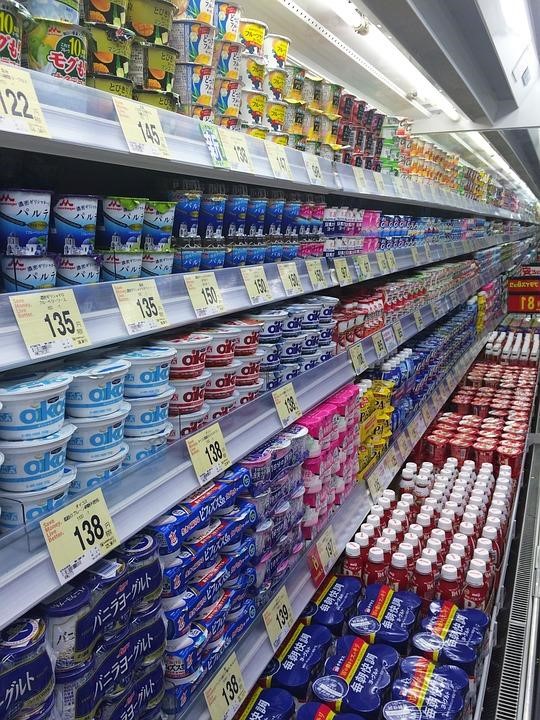
EU laws surrounding commercial refrigeration
The refrigeration world has seen a surge in guidelines; for example, EU legislation introduced a number of implications for the long-term benefits and costs.
All manufacturers in Europe, including those in the UK, must conform to the new MEPS (minimum equipment performance standards).
Additional legislation for labelling came into effect. The ecodesign and energy labelling legislation employs EN16825, a new test standard that requires all manufacturers of professional counter-top, solid door and storage refrigeration units to display all results via a system of colour codes.
All products sold within Europe must reach a minimum standard of label on an A+++ to G scale. All manufacturers making products outside Europe but intended for sale within Europe must also conform. Even companies that look to supply only the UK and outside the rest of Europe will need to comply, as other countries – such as the UAE – look to Europe for minimum standards and compliance and for a recognisable method of ensuring products meet this. Once companies have brought these for their business premises they will need to make sure they have a good cleaning program in place. It is really important when you have workers in your premises that you look after their health and safety. If you get a Cleaning Company Leicester way to come in then they could help with this as many times as you want. A business like ace cleaning company have professionals at the end of the phone ready to answer any questions you may have.
Go green
On 1 January, F gas regulations came into force, which were created to reduce the use of fluoridated greenhouse gases. Alternative, more efficient and environmentally-friendly refrigerants, such as hydrocarbons, are now being used by manufacturers in efforts to achieve the new standards. They are also looking to reduce the footprint of the product itself – the bigger the usable capacity, the better.
Test conditions
In addition to considering the energy efficiency of the product itself, suppliers must ask their customers about the conditions in which the unit will be used; in addition, this will affect the energy efficiency. Buyers must factor temperature, labelling and green ratings into all their buying decisions.
All tests for the MEP standard are carried out in controlled conditions, with it taking several hours to prepare the room itself before the tests can go ahead. An approved test chamber based at the manufacturer’s own premises or approved outsourced facilities is required. None of this comes cheaply, of course, and the extra costs will certainly be felt by companies. Given the limited time frame and lack of education for dealers, distributers and operators, this task has been huge.


Leave a reply